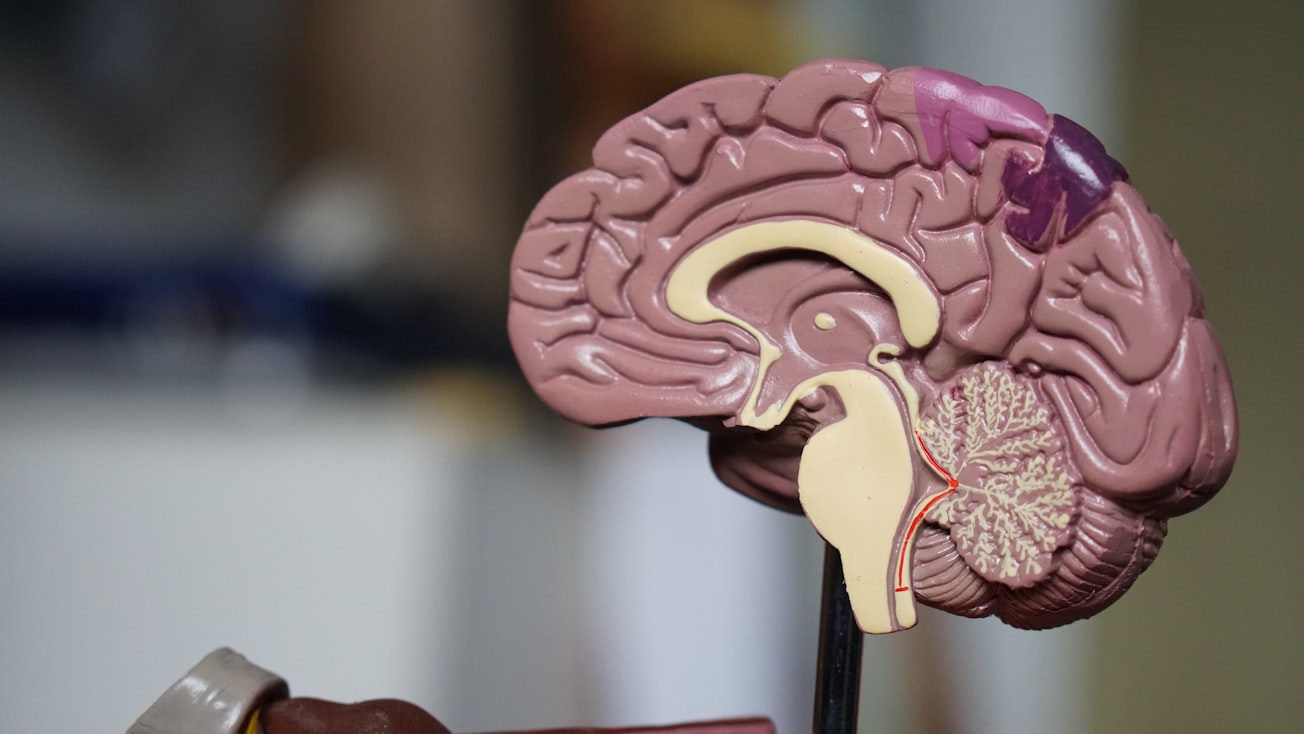What is it about?
We used a statistical technique called cluster analysis to identify different subtypes of subjective symptom reports on a comprehensive personality inventory in persons with traumatic brain injury. We found that the subtype that reported the most problems had primarily uncomplicated mild injuries, and had a large proportion of persons with complicating factors (e.g., past physical or sexual abuse) before the brain injury.
Featured Image

Photo by Robina Weermeijer on Unsplash
Why is it important?
Our findings indicate that subjective symptoms after a traumatic brain injury cannot be routinely and automatically attributed to that brain injury. Pre-existing complicating histories play a major role.
Perspectives
This is the first time anybody has looked at subtypes of MMPI-2-RF profiles in a large clinical sample with a broad range of injury severity, and not just primarily people involved in financial compensation-seeking. For that reason, the paper makes a new contribution to the literature.
Jacobus Donders
Mary Free Bed Rehabilitation Hospital
Read the Original
This page is a summary of: MMPI-2-RF patterns after traumatic brain injury., Psychological Assessment, June 2019, American Psychological Association (APA),
DOI: 10.1037/pas0000742.
You can read the full text:
Contributors
The following have contributed to this page










